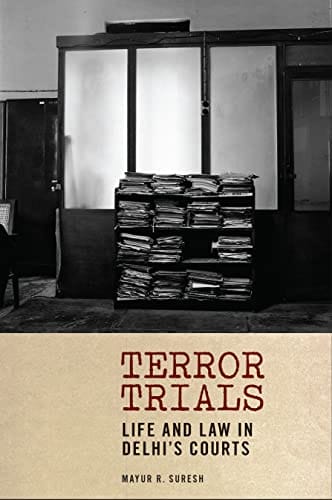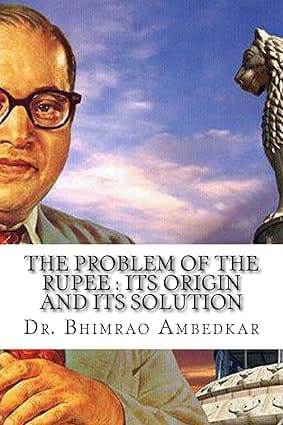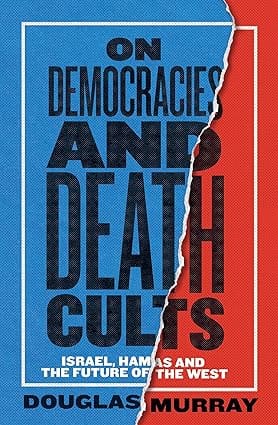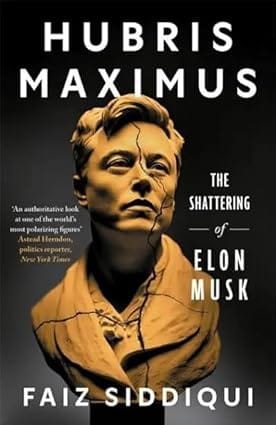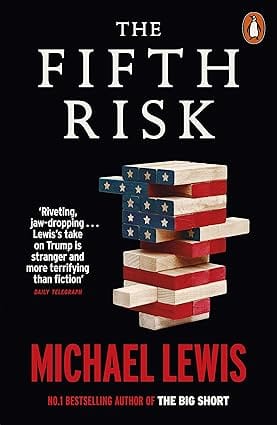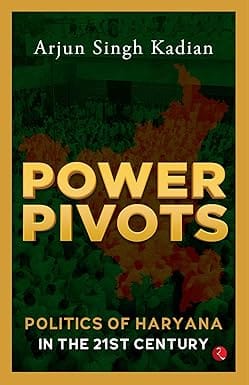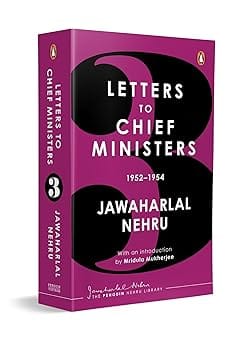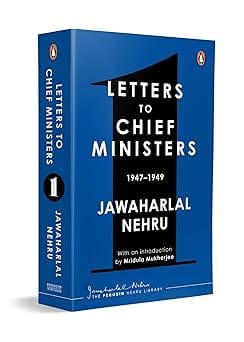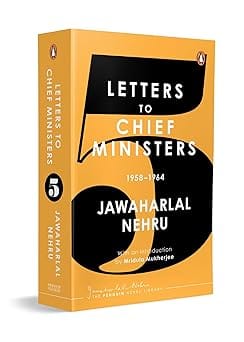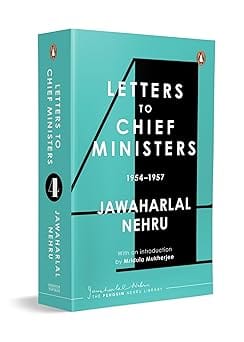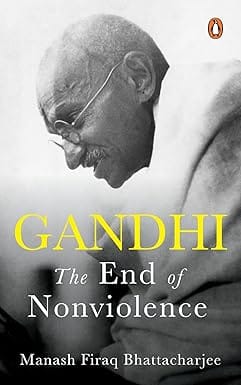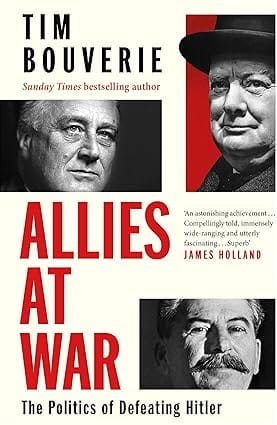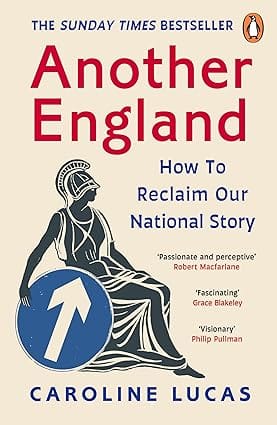-
Contemporary Fiction
- Contemporary Fiction
-
Children
- Children
-
Comics & Graphic Novels
- Comics & Graphic Novels
-
Non-Fiction
- Non-Fiction
-
Fiction
- Fiction
An ethnography of terrorism trials in Delhi, India, this book explores what modes of life are made possible in the everyday experience of the courtroom. Mayur Suresh shows how legal procedures and technicalities become the modes through which courtrooms are made habitable. Where India’s terror trials have come to be understood by way of the expansion of the security state and displays of Hindu nationalism, Suresh elaborates how they are experienced by defendants in a quite different way, through a minute engagement with legal technicalities.
Amidst the grinding terror trials—which are replete with stories of torture, illegal detention and fabricated charges—defendants school themselves in legal procedures, became adept petition writers, build friendships with police officials, cultivate cautious faith in the courts and express a deep sense of betrayal when this trust is belied. Though seemingly mundane, legal technicalities are fraught and highly contested, and acquire urgent ethical qualities in the life of a trial: the file becomes a space in which the world can be made or unmade, the petition a way of imagining a future, and investigative and courtroom procedures enable the unexpected formation of close relationships between police and terror-accused.
In attending to the ways in which legal technicalities are made to work in everyday interactions among lawyers, judges, accused terrorists, and police, Suresh shows how human expressiveness, creativity and vulnerability emerge through the law.
From the Back Cover
“Mayur Suresh’s fascinating book is brilliant in its theoretical clarity, ethnographically dazzling, and beautifully written. Where law and the state often effaces those it targets, Suresh makes his subjects visible actors in their own trials.”—Jinee Lokaneeta, Drew University
“Terror Trials is an illuminating and novel legal ethnography that engages terrorism not as spectacular, but rather as a quotidian bureaucratic legal terrain that Suresh unknots with keenness and patience.”—Sameena Mulla, Emory University
An ethnography of terrorism trials in Delhi, India, this book explores what modes of life are made possible in the everyday experience of the courtroom. Mayur Suresh shows how legal procedures and technicalities become the modes through which courtrooms are made habitable. Where India’s terror trials have come to be understood by way of the expansion of the security state and displays of Hindu nationalism, Suresh elaborates how they are experienced by defendants in a quite different way, through a minute engagement with legal technicalities.
Amidst the grinding terror trials—which are replete with stories of torture, illegal detention and fabricated charges—defendants school themselves in legal procedures, became adept petition writers, build friendships with police officials, cultivate cautious faith in the courts and express a deep sense of betrayal when this trust is belied. Though seemingly mundane, legal technicalities are fraught and highly contested, and acquire urgent ethical qualities in the life of a trial: the file becomes a space in which the world can be made or unmade, the petition a way of imagining a future, and investigative and courtroom procedures enable the unexpected formation of close relationships between police and terror-accused.
In attending to the ways in which legal technicalities are made to work in everyday interactions among lawyers, judges, accused terrorists, and police, Suresh shows how human expressiveness, creativity and vulnerability emerge through the law.
Mayur R. Suresh is Senior Lecturer in Law at SOAS, University of London.
About the Author
9789354426018
Terror Trials Life And Law In Delhis Courts
SIZE GUIDE
- ISBN: 9789354426018
- Author: Mayur R Suresh
- Publisher: Orient Black Swan
- Pages: 266
- Format: Paperback
Book Description
An ethnography of terrorism trials in Delhi, India, this book explores what modes of life are made possible in the everyday experience of the courtroom. Mayur Suresh shows how legal procedures and technicalities become the modes through which courtrooms are made habitable. Where India’s terror trials have come to be understood by way of the expansion of the security state and displays of Hindu nationalism, Suresh elaborates how they are experienced by defendants in a quite different way, through a minute engagement with legal technicalities.
Amidst the grinding terror trials—which are replete with stories of torture, illegal detention and fabricated charges—defendants school themselves in legal procedures, became adept petition writers, build friendships with police officials, cultivate cautious faith in the courts and express a deep sense of betrayal when this trust is belied. Though seemingly mundane, legal technicalities are fraught and highly contested, and acquire urgent ethical qualities in the life of a trial: the file becomes a space in which the world can be made or unmade, the petition a way of imagining a future, and investigative and courtroom procedures enable the unexpected formation of close relationships between police and terror-accused.
In attending to the ways in which legal technicalities are made to work in everyday interactions among lawyers, judges, accused terrorists, and police, Suresh shows how human expressiveness, creativity and vulnerability emerge through the law.
From the Back Cover
“Mayur Suresh’s fascinating book is brilliant in its theoretical clarity, ethnographically dazzling, and beautifully written. Where law and the state often effaces those it targets, Suresh makes his subjects visible actors in their own trials.”—Jinee Lokaneeta, Drew University
“Terror Trials is an illuminating and novel legal ethnography that engages terrorism not as spectacular, but rather as a quotidian bureaucratic legal terrain that Suresh unknots with keenness and patience.”—Sameena Mulla, Emory University
An ethnography of terrorism trials in Delhi, India, this book explores what modes of life are made possible in the everyday experience of the courtroom. Mayur Suresh shows how legal procedures and technicalities become the modes through which courtrooms are made habitable. Where India’s terror trials have come to be understood by way of the expansion of the security state and displays of Hindu nationalism, Suresh elaborates how they are experienced by defendants in a quite different way, through a minute engagement with legal technicalities.
Amidst the grinding terror trials—which are replete with stories of torture, illegal detention and fabricated charges—defendants school themselves in legal procedures, became adept petition writers, build friendships with police officials, cultivate cautious faith in the courts and express a deep sense of betrayal when this trust is belied. Though seemingly mundane, legal technicalities are fraught and highly contested, and acquire urgent ethical qualities in the life of a trial: the file becomes a space in which the world can be made or unmade, the petition a way of imagining a future, and investigative and courtroom procedures enable the unexpected formation of close relationships between police and terror-accused.
In attending to the ways in which legal technicalities are made to work in everyday interactions among lawyers, judges, accused terrorists, and police, Suresh shows how human expressiveness, creativity and vulnerability emerge through the law.
Mayur R. Suresh is Senior Lecturer in Law at SOAS, University of London.
About the Author
Related Books
User reviews
NEWSLETTER
Subscribe to get Email Updates!
Thanks for subscribing.
Your response has been recorded.

India's Iconic & Independent Book Store offering a vast selection of books across a variety of genres Since 1978.
"We Believe In The Power of Books" Our mission is to make books accessible to everyone, and to cultivate a culture of reading and learning. We strive to provide a wide range of books, from classic literature, sci-fi and fantasy, to graphic novels, biographies and self-help books, so that everyone can find something to read.
Whether you’re looking for your next great read, a gift for someone special, or just browsing, Midland is here to make your book-buying experience easy and enjoyable.
We are shipping pan India and across the world.
For Bulk Order / Corporate Gifting
 +91 9818282497 |
+91 9818282497 |  [email protected]
[email protected]
Click To Know More
INFORMATION
POLICIES
ACCOUNT
QUICK LINKS
ADDRESS
Shop No.20, Aurobindo Palace Market, Near Church, New Delhi

